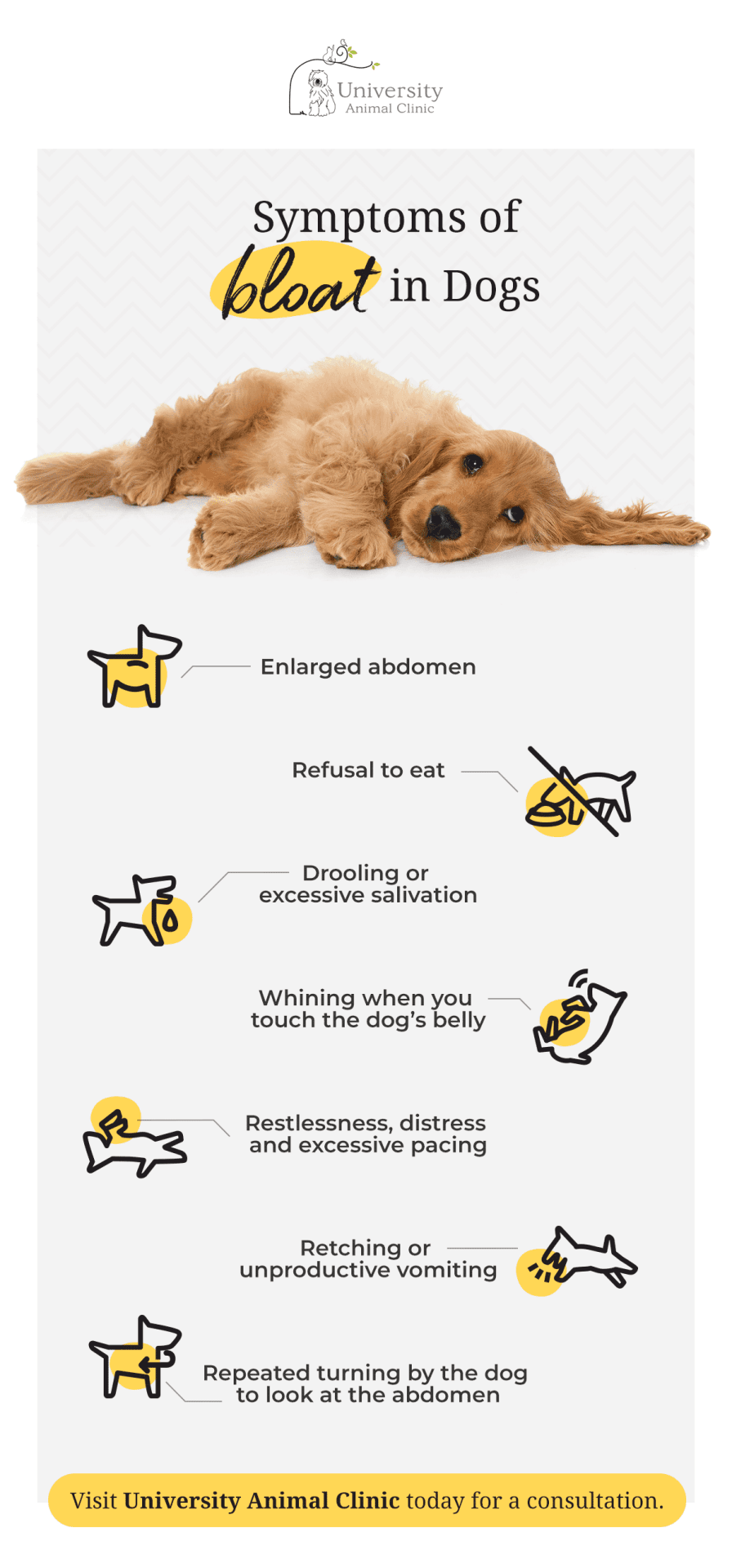When your dog’s stomach appears distended and uncomfortable, many owners instinctively search for home remedies to alleviate the issue, hoping to avoid a costly veterinary visit. However, this well-intentioned impulse can be life-threatening for your canine companion. It is crucial to understand the critical difference between mild gas and the severe, life-threatening condition known as bloat. Home remedies are never a substitute for professional veterinary care when bloat is suspected.
Understanding Dog Bloat: Beyond Simple Gas
Bloating in dogs occurs when the stomach fills excessively with gas, food, or fluid. While some instances are due to simple gas and resolve on their own, other cases involve Gastric Dilatation-Volvulus (GDV), commonly referred to as bloat or stomach torsion. This is a critical medical emergency where the stomach not only fills with gas but also twists upon itself, cutting off blood flow. This twisting can lead to rapid tissue damage, shock, and even death within hours if not treated promptly by a veterinarian.
Recognizing the Signs of Bloat vs. Gas
Distinguishing between simple gas and true bloat is vital for a swift and appropriate response.
- Simple Gas: Typically involves mild stomach enlargement without severe discomfort. Your dog may seem a bit uncomfortable, perhaps burp or pass gas, but will generally maintain normal activity levels and can rest easily. These symptoms often resolve spontaneously within a few hours.
- Serious Bloat (GDV): Characterized by a visibly distended, hard stomach that feels tight like a drum. Your dog may exhibit repeated, unproductive attempts to vomit (retching), excessive drooling, restlessness, rapid breathing, and signs of distress such as pacing or an inability to get comfortable. As the condition progresses, your dog may become weak or even collapse.
Top Questions About a Dog’s Bloated Stomach
Many dog owners have questions when faced with this alarming condition. Understanding these can save valuable time.
Is There Any Safe Home Remedy for a Dog’s Bloated Stomach?
For true bloat, there are no safe home remedies. The twisting of the stomach requires immediate surgical intervention. Attempting home remedies only delays life-saving care and significantly decreases survival chances.
How Can I Tell if My Dog Has Bloat or Just Gas?
A visibly swollen, hard stomach, coupled with unsuccessful retching and signs of severe stress, strongly indicates bloat. If your dog is otherwise acting normally and the swelling is minor, it might be gas. However, when in doubt, always err on the side of caution and contact your veterinarian immediately.
How Quickly Should I Act if I Suspect My Dog Has Bloat?
You must act within minutes if you suspect bloat. This condition can progress with alarming speed, with some dogs deteriorating significantly within just one to two hours of initial symptoms. Prompt veterinary attention is paramount.
Factors Contributing to Bloat
Certain factors increase a dog’s risk of experiencing bloat. Large, deep-chested breeds, such as Great Danes, German Shepherds, and Weimaraners, are anatomically more predisposed due to their chest cavity structure. Additionally, behaviors and feeding habits can play a role:
- Eating too quickly: Ingesting large amounts of air along with food can lead to stomach distension.
- Exercising after meals: Strenuous activity soon after eating can increase the risk of stomach twisting.
- Consuming one large meal daily: Large meals can put more pressure on the stomach.
- Genetic predisposition: Some dogs may inherit a higher susceptibility to bloat.
What to Do If You Suspect Bloat
If you notice any of the serious signs of bloat in your dog, immediate action is required.
Step 1: Assess Your Dog’s Symptoms
Carefully observe your dog’s physical signs. Check the abdomen for swelling or hardness. Note any attempts to vomit without success, their breathing rate, and their overall demeanor (restless, distressed, or lethargic).
Step 2: Contact Your Veterinarian Immediately
Call your veterinary clinic without delay. Clearly describe your dog’s symptoms, their onset, and any changes you’ve observed. Follow their professional guidance precisely. They may instruct you to bring your dog in immediately for emergency treatment.
Step 3: Maintain a Calm Environment
While preparing to go to the vet, keep your dog in a quiet, low-stress environment. Avoid forcing them to move if they seem more comfortable in a particular position. Do not administer any medications or attempt to induce vomiting unless specifically directed by a veterinarian.
Step 4: Prepare for Transport
If veterinary transport is necessary, have your vehicle ready. For larger dogs, a sturdy blanket can be used as a makeshift stretcher. Smaller dogs can be gently placed in a carrier or wrapped in a blanket. Alert the veterinary clinic that you are on your way so they can prepare for your arrival.
Preventing Future Bloat Episodes
Implementing preventative measures can significantly reduce the risk of bloat in dogs susceptible to this condition.
- Feed smaller, more frequent meals: Divide your dog’s daily food intake into 2-3 smaller portions rather than one large meal.
- Use slow-feeder bowls: These specialized bowls are designed to slow down eating, reducing the amount of air swallowed.
- Avoid strenuous exercise after eating: Wait at least one hour after meals before engaging in vigorous play or exercise.
- Consult your veterinarian: For high-risk breeds, discuss potential preventative surgical options, such as gastropexy, with your vet.
- Minimize mealtime stress: Feed your dog in a quiet, calm location to reduce anxiety around mealtimes.
While bloat is a serious emergency, understanding the signs, acting quickly, and employing preventative strategies can protect your beloved canine companion. Our veterinary hospitals are equipped to handle bloat and other critical emergencies, providing informed care throughout the treatment process. If you are unsure about your dog’s symptoms, do not hesitate to call us for guidance.

